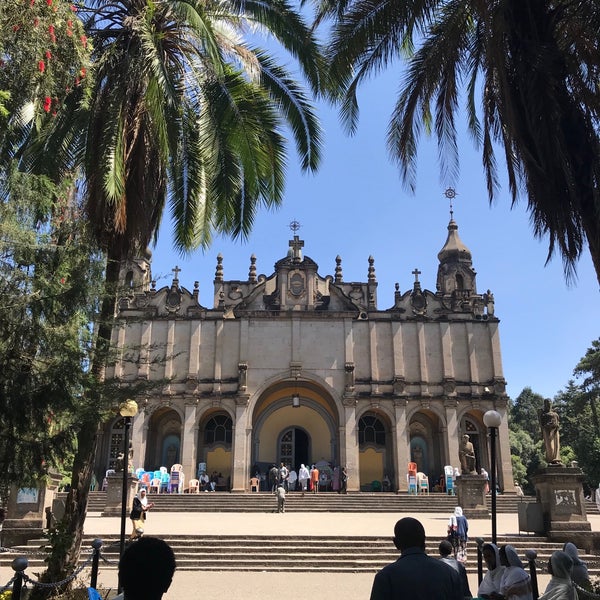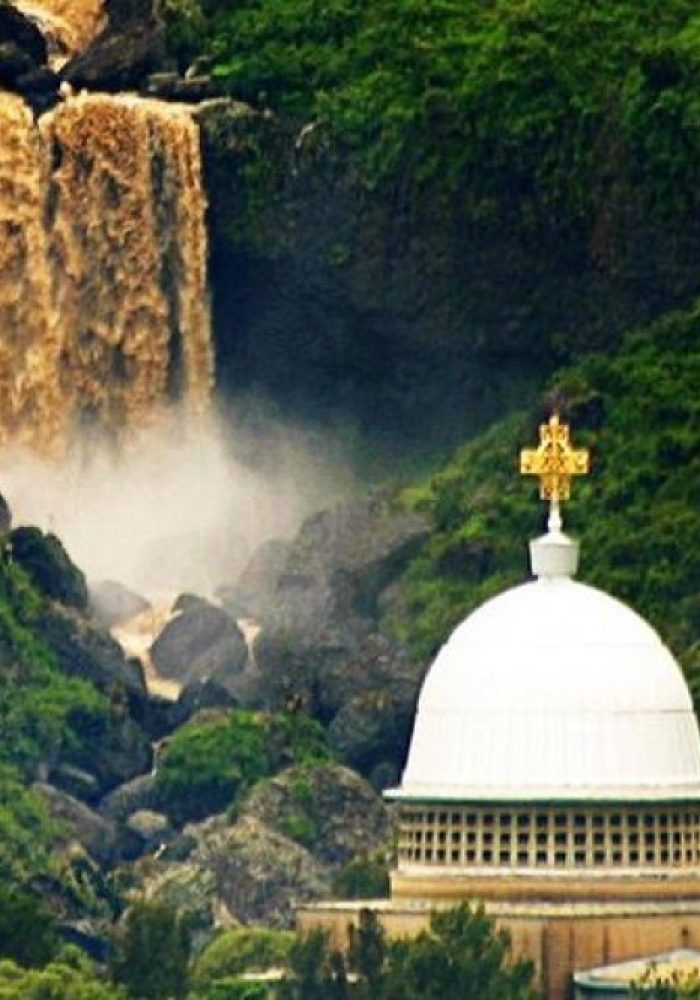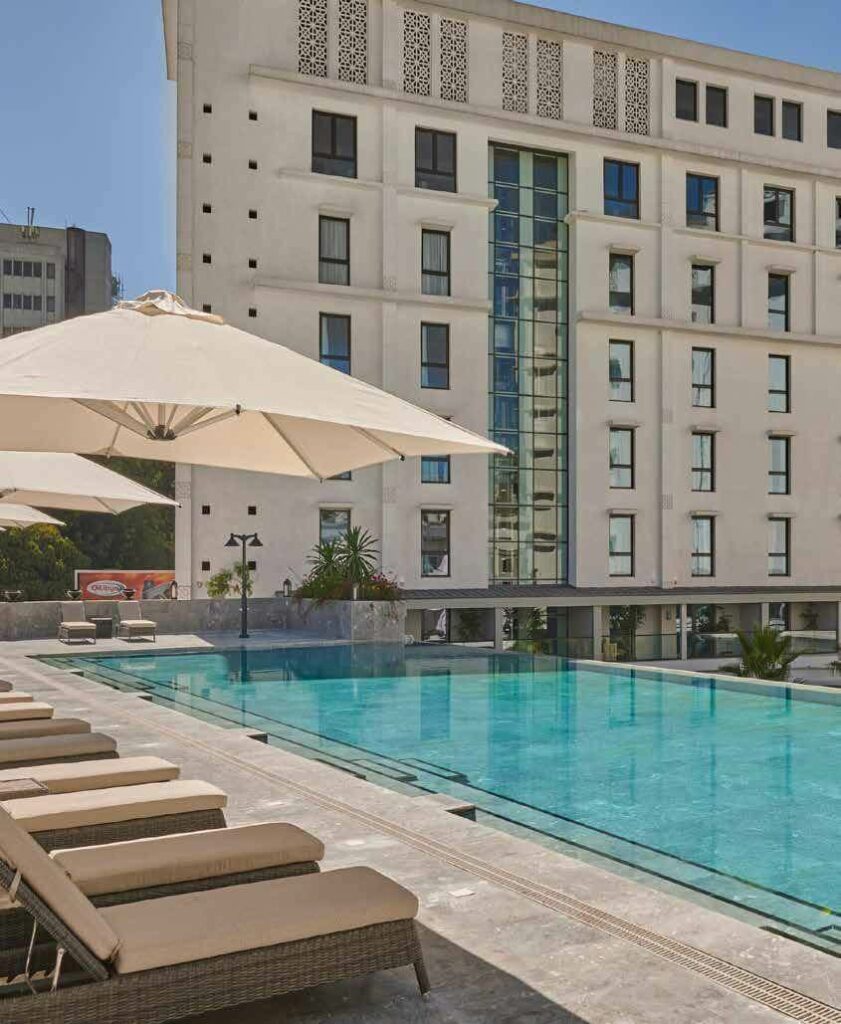Exploring Addis Ababa, Ethiopia
Best Travel & Tour Agency
Introduction
Addis Ababa, the beautiful capital city of Ethiopia, is a destination that offers a unique blend of ancient history, diverse culture, and a rapidly growing cosmopolitan vibe. As Africa’s diplomatic capital, the city is home to the African Union and numerous foreign embassies, which adds to its international flavor. In this guide, we will take you on a journey through Addis Ababa, showcasing its vibrant attractions, mouth-watering cuisine, historical sites, and the warm and welcoming nature of its people.
1. A Brief History of Addis Ababa
Established in 1886 by Emperor Menelik II, Addis Ababa, which means “new flower” in Amharic, is a relatively young city compared to many other ancient Ethiopian towns. However, it has quickly developed into the country’s political, cultural, and economic center. As a result, the city’s history is a fascinating tapestry of Ethiopian culture and the influences of various foreign powers, including Italy’s short-lived occupation during World War II.

2. Getting Around Addis Ababa
Addis Ababa’s transport system has undergone significant improvements in recent years. The city boasts a modern light rail system, with two lines connecting key areas. Riding the light rail is an affordable and efficient way to navigate the city, especially during peak hours. Taxis and minibus taxis are also widely available, but negotiate fares beforehand, as they don’t run on meters.
3. Must-Visit Attractions
a) National Museum of Ethiopia
The National Museum of Ethiopia houses a stunning collection of Ethiopian artifacts, including the famous 3.2 million-year-old hominid skeleton, “Lucy.” The museum also contains an impressive array of Ethiopian art, historical relics, and archaeological findings.
b) Holy Trinity Cathedral
One of the most known religious sites in the country, Holy Trinity Cathedral is a stunning example of Ethiopian Orthodox architecture. It is the final resting place for Emperor Haile Selassie and Empress Menen Asfaw and holds significant historical and cultural importance.
c) Merkato
As the largest open-air market in Africa, Merkato is a must-see and visit destination for anyone seeking an authentic Ethiopian shopping experience. You can find anything from spices and textiles to traditional crafts and souvenirs here.
d) Entoto Hill
Just a short drive from the city center, Entoto Hill offers stunning panoramic views of Addis Ababa. The area is also home to several historical sites, including the former palace of Emperor Menelik II and the beautiful St. Mary’s Church.
4. Food and Drink
Ethiopian cuisine is known for its bold flavors and unique dishes. A visit to Addis Ababa would only be complete with sampling injera, a sourdough flatbread made from teff flour, an Ethiopian cuisine staple. Injera is typically served with spicy stews and vegetables, such as doro wat (spicy chicken stew) and tibs (fried meat).
For a traditional coffee experience, visit one of the city’s many coffee houses, where the beans are roasted on the spot and served with a side of popcorn or traditional Ethiopian bread.
5. Nightlife
Addis Ababa’s nightlife scene is diverse and vibrant, with options for every taste. There’s something for everyone, from traditional Ethiopian dance clubs to modern bars and lounges. For an unforgettable night relaxing, head to one of the city’s azmari bet (traditional music houses), where you can enjoy live Ethiopian folk music and dance performances.
6. Day Trips
Addis Ababa is an excellent base for exploring natural and historical attractions. Some popular day trips from the city include:
a) Debre Libanos Monastery
Located about 110 kilometers (68 miles) north of Addis Ababa, Debre Libanos is a historic Ethiopian Orthodox monastery founded in the 13th century by Saint Tekle Haymanot. Surrounded by breathtaking landscapes, Ethiopians consider the sanctuary an essential spiritual and religious site. Nearby, you can also visit the Portuguese Bridge, a 16th-century stone bridge that offers stunning views of the Blue Nile Gorge.

b) Adadi Mariam
Adadi Mariam is a rock-hewn church located approximately 70 kilometers (43 miles) south of Addis Ababa. Believed to have been built by King Lalibela in the 13th century, this fascinating church is carved entirely from a single piece of volcanic rock. The rural surroundings and the church’s unique architecture make it a must-visit place and destination for anyone interested in Ethiopia’s rich history and culture.
c) Tiya Archaeological Site
Tiya, a UNESCO World Heritage Site, is located about 85 kilometers (53 miles) south of Addis Ababa. This archaeological site features 36 ancient stelae, or carved stone pillars, which date back to the 12th-14th centuries. The exact purpose of these enigmatic stelae remains a mystery. However, they provide a fascinating glimpse into the region’s ancient past.
7. Tips for Visiting Addis Ababa
a) Safety: While Addis Ababa is considered relatively safe for tourists, exercising caution and being aware of your environment is always a good idea. Petty theft and pickpocketing can occur in crowded areas, so keep your belongings secure and avoid displaying valuable items.
b) Language: Amharic is the official language of Ethiopia, but English is widely spoken, especially in tourist areas and among younger generations. However, learning a few basic Amharic phrases can enhance your experience and help you connect with locals.
c) Currency: The official currency of Ethiopia is the Ethiopian Birr (ETB). Carrying some cash is a good idea, as credit card acceptance can be limited, particularly in smaller establishments.
d) Dress Code: Ethiopians tend to dress modestly, and following suit is respectful, especially when visiting religious sites. Women in Addis should cover their shoulders and knees, while men should not wear shorts or sleeveless shirts.
e) Visa Requirements: Most nationalities require a visa to enter Ethiopia. Tourist visas can be obtained online through the eVisa system or upon arrival at Addis Ababa Bole International Airport.


Stay Here: Hyatt Regency
Hyatt Regency Addis Ababa is a luxury hotel in the heart of Addis Ababa, Ethiopia’s vibrant capital city. Situated near the United Nations Conference Centre and the city’s central Meskel Square, the hotel offers a convenient and comfortable base for both business and leisure travelers.
The Hyatt Regency Addis Ababa features contemporary design elements combined with traditional Ethiopian motifs, creating a unique atmosphere. In addition, the hotel offers various accommodations, including spacious guest rooms, suites, and Regency Club rooms with access to the exclusive Regency Club Lounge.
Amenities at the Hyatt Regency Addis Ababa include:
1. Multiple dining options, such as all-day dining at the Collage All Day Dining restaurant, which offers international and local cuisine; the Lobby Lounge for light bites and beverages; the Metro Bar for cocktails and entertainment; and the Furnace, an upscale rooftop restaurant and bar with panoramic views of the city.
2. A fully-equipped fitness center, outdoor swimming pool, and spa facilities where guests can relax and unwind.
3. State-of-the-art meeting and event facilities, including versatile meeting rooms, a grand ballroom, and a dedicated team of event planners to cater to various functions, such as conferences, weddings, and social gatherings.
4. Concierge services, high-speed Wi-Fi, and 24-hour room service for convenience.
The Hyatt Regency Addis Ababa’s prime location provides easy access to many of the Addis Ababa city’s attractions, such as the National Museum of Ethiopia, the Ethnological Museum, and the Holy Trinity Cathedral. With its combination of luxury accommodations, world-class amenities, and exceptional service, the hotel is an excellent choice for travelers visiting Addis Ababa.


Tomoca Coffee
Tomoca Coffee is a renowned coffee shop and roaster in Addis Ababa, Ethiopia, with a rich history dating back to 1953. The name “Tomoca” is derived from the Italian words “Torrefazione Moderna Café,” which translates to “Modern Coffee Roasting.” Tomoca Coffee has provided high-quality Ethiopian coffee to locals and visitors for decades.
Located in the Piazza district of Addis Ababa, Tomoca Coffee is celebrated for its premium coffee, made from beans sourced from various regions in Ethiopia, such as Sidamo, Harar, and Yirgacheffe. These regions are known for producing some of the finest coffee beans in the world. Tomoca Coffee is famous for its strong, aromatic coffee and its traditional Ethiopian coffee ceremony, which offers a unique cultural experience.
The shop’s interior has a nostalgic atmosphere, featuring vintage coffee roasting equipment and historical photographs, providing a glimpse into the rich coffee history of Ethiopia. The company has expanded, opening additional branches in Addis Ababa and internationally.
Visiting Tomoca Coffee is an excellent opportunity for coffee enthusiasts to taste authentic Ethiopian coffee, learn about the country’s coffee traditions, and take home freshly roasted beans as souvenirs.
Conclusion
Addis Ababa is a captivating city that offers an intriguing mix of history, culture, and modernity. Whether sampling the local cuisine, exploring ancient sites, or experiencing the bustling nightlife, Addis Ababa promises a memorable adventure for every traveler. This comprehensive guide serves as a starting point for your journey. However, the true magic of Addis Ababa awaits your exploration.
Travel to Ethiopia
Ethiopia is a rugged, landlocked country in the Horn of Africa divided by the Great Rift Valley. It's a place of ancient culture, with archaeological finds dating back more than 3 million years.
History of Ethiopia
Ethiopia is bounded to the north by Eritrea, to the northeast by Djibouti, to the east by Somalia, to the south by Kenya, and to the west by South Sudan and Sudan.
People Of Ethiopia
Ethiopians are ethnically diverse, with the most significant differences based on linguistic classification. Ethiopia is a linguistic mosaic of about 100 languages divided into four groups.
